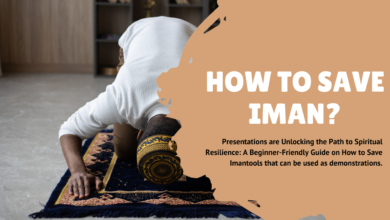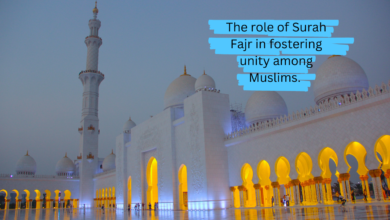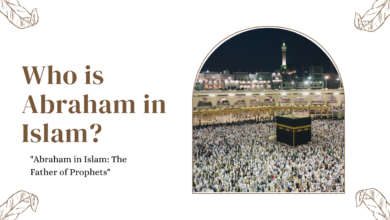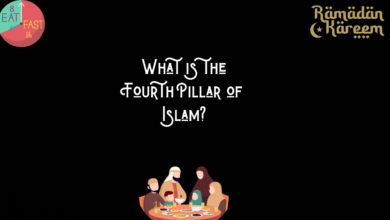The world of the Jinn
Exploring the Enigmatic Realm of the Jinn: From Ancient Myths to Modern Legends
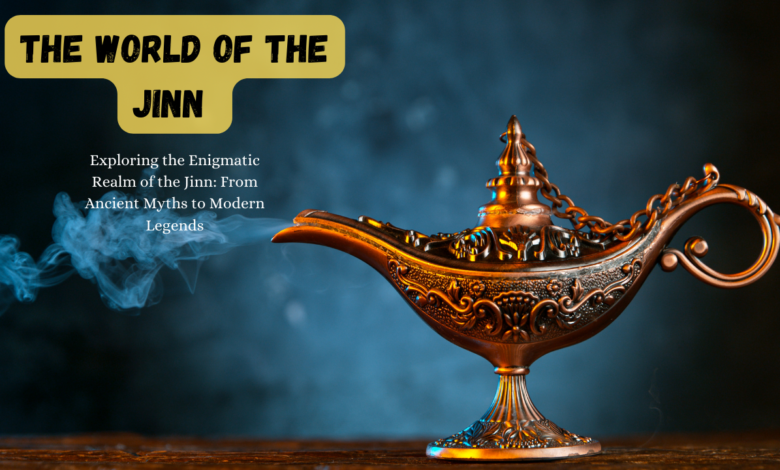
The world of the Jinn
The Jinn, often spelled as Djinn or Genies, are supernatural beings in Islamic mythology and Middle Eastern folklore. They are created from smokeless fire and possess free will, similar to humans. They exist in a parallel world and can interact with our world.
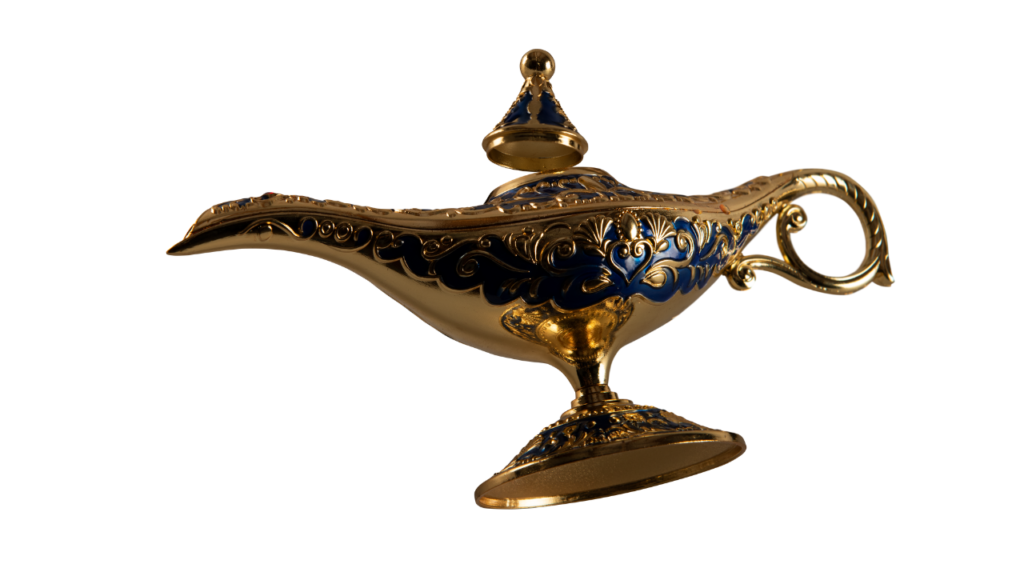
Introduction
In the rich tapestry of global folklore and mythology, one finds a wide array of supernatural beings, each with its own unique characteristics and tales. Among these creatures, the Jinn stand out as some of the most enigmatic and intriguing. With origins deeply rooted in Middle Eastern and Islamic traditions, the concept of Jinn has captured the imaginations of people across the world for centuries. In this article, we delve into the world of the Jinn, exploring their origins, characteristics, and the fascinating legends that surround them.
Origins of the Jinn
The term “Jinn” is derived from an Arabic word that means “to hide” or “to conceal,” reflecting the elusive nature of these beings. According to Islamic tradition, Jinn are created from smokeless and scorching fire by God, making them distinct from humans, who are formed from clay. This elemental difference is believed to grant Jinn certain supernatural abilities, such as invisibility and shape-shifting, which have fueled numerous myths and legends throughout history.
Characteristics of the Jinn
Jinn are often described as shape-shifters who can take on various forms, including animals and humans. This shape-shifting ability is thought to be one of their most potent traits, allowing them to move through the world undetected or to deceive humans by assuming a familiar guise. Jinn are also believed to possess superhuman strength and the ability to move swiftly, making them formidable creatures in many tales.
Invisibility is another characteristic commonly attributed to Jinn. They can be present in our world while remaining unseen, which adds to their air of mystery. In Islamic tradition, Jinn are considered accountable for their actions, just like humans, and are believed to possess free will. This means they can choose to be good or evil, and their moral inclinations vary widely.
Also Check
- Fragrance of the beloved Prophet Muhammad (PUBH)
- Jesus and Mary in Islam
- Why is Friday important for Muslims?
- Islamic converts to Christianity
- Islam moon and star
- Islam in the Middle of Christianity
Legends and Stories
The tales of Jinn are as diverse as the cultures that tell them, with stories spanning from the deserts of the Arabian Peninsula to the bustling streets of modern cities. Some of the most famous Jinn stories include:
- Aladdin and the Magic Lamp: Perhaps the most famous Jinn-related tale, Aladdin tells the story of a young man who discovers a magical lamp housing a powerful Jinn. This Jinn grants Aladdin wishes, leading to adventures and misadventures.
- The Blue Djinn of Babylon: In this tale from the “Bartimaeus Trilogy” by Jonathan Stroud, Jinn are depicted as powerful beings summoned by magicians to do their bidding. The story explores themes of power, slavery, and rebellion.
- The Ifrits of Arabian Nights: The “Arabian Nights” collection features numerous stories involving Jinn, including those of Ifrits, a type of powerful and often malevolent Jinn. These stories offer insights into the cultural beliefs and values of the Middle East.
- Jinn in Popular Culture: Jinn have also made their way into modern popular culture through films, television shows, and literature. They often serve as intriguing and complex characters, blurring the lines between good and evil, and challenging our understanding of supernatural beings.
Beliefs and Cultural Significance
The belief in Jinn is not limited to Islamic traditions. Similar beings, such as genies, exist in various cultures around the world, each with its own set of beliefs and stories. In many societies, Jinn symbolize the unpredictable and uncontrollable aspects of life, serving as a reminder of the mysteries and complexities of the world.
Conclusion
The world of the Jinn is a captivating realm of mythology and folklore that has fascinated people for centuries. From their enigmatic origins to their shape-shifting abilities and moral complexities, Jinn have left an indelible mark on the cultural imagination. As we continue to explore the diverse tapestry of global myths and legends, the Jinn remain a compelling and enduring part of this rich narrative tradition. Whether viewed as benevolent protectors or mischievous tricksters, the Jinn remind us that the supernatural world is as diverse and multifaceted as the human imagination itself.
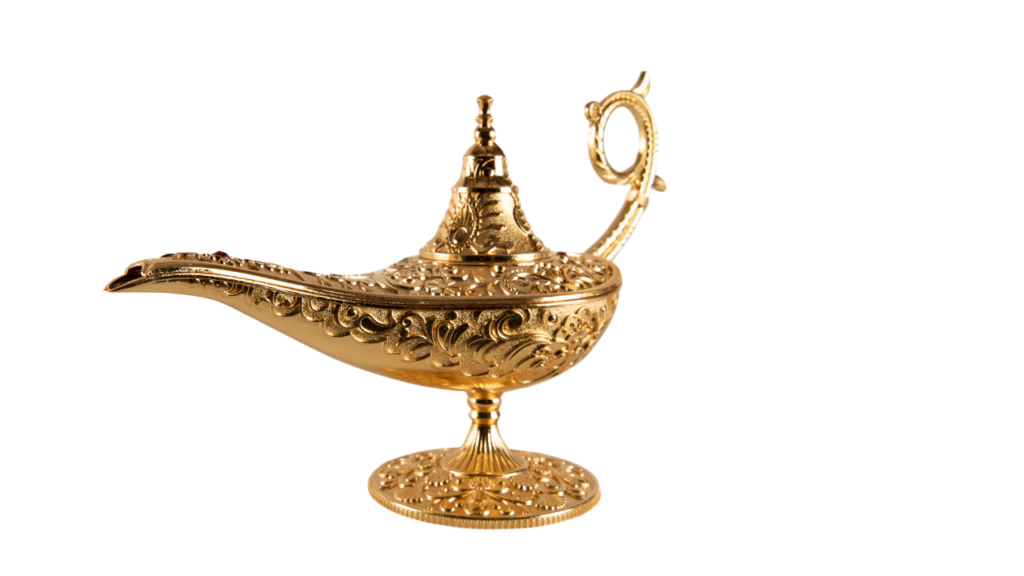
FAQs about The World of the Jinn
What are the Jinn?
The Jinn, often spelled as Djinn or Genies, are supernatural beings in Islamic mythology and Middle Eastern folklore. They are created from smokeless fire and possess free will, similar to humans. They exist in a parallel world and can interact with our world.
Are Jinn good or evil?
Jinn can be both good and evil, just like humans. Some are benevolent and may even help humans, while others can be malevolent and cause harm. It’s essential to treat them with respect and caution.
Can I summon a Jinn like in the stories?
Summoning Jinn is a complex and dangerous practice not recommended. The stories of lamps and wishes are mostly fictional. Attempting to summon Jinn can have unpredictable consequences and is discouraged in Islamic teachings.
What powers do Jinn possess?
Jinn are believed to have various supernatural abilities, including shape-shifting, invisibility, and the power to possess humans. Their abilities can vary, and not all Jinn possess the same powers.
Are Jinn bound by any rules or restrictions?
Jinn, like humans, are subject to divine laws and judgment. They have free will and are accountable for their actions. Disobedient Jinn may face punishment in the afterlife.
Can Jinn marry or have relationships with humans?
In some folklore, it’s said that Jinn can marry humans. However, these unions are often depicted as challenging and sometimes result in difficulties for the human partner.
How do you protect yourself from malevolent Jinn?
Protection from malevolent Jinn involves seeking refuge in religious practices, such as reciting verses from the Quran, saying prayers, and maintaining good character. Consulting religious scholars or experts in Islamic exorcism can also help.
Are there different types of Jinn?
Yes, there are different classifications of Jinn based on their abilities and attributes. For example, Marid Jinn are considered powerful, while Ifrit Jinn are known for their cunning and strength. However, classifications can vary across different cultural and religious traditions.
Can Jinn convert to Islam?
Yes, according to Islamic belief, Jinn have free will and can embrace Islam if they choose to do so. They can become Muslim by accepting the faith and submitting to God’s will.
Are there any famous stories or legends involving Jinn?
One of the most famous stories involving Jinn is the tale of Aladdin and the Magic Lamp from “One Thousand and One Nights” (Arabian Nights). This story features a young man who encounters a powerful Jinn residing in a magical lamp.

